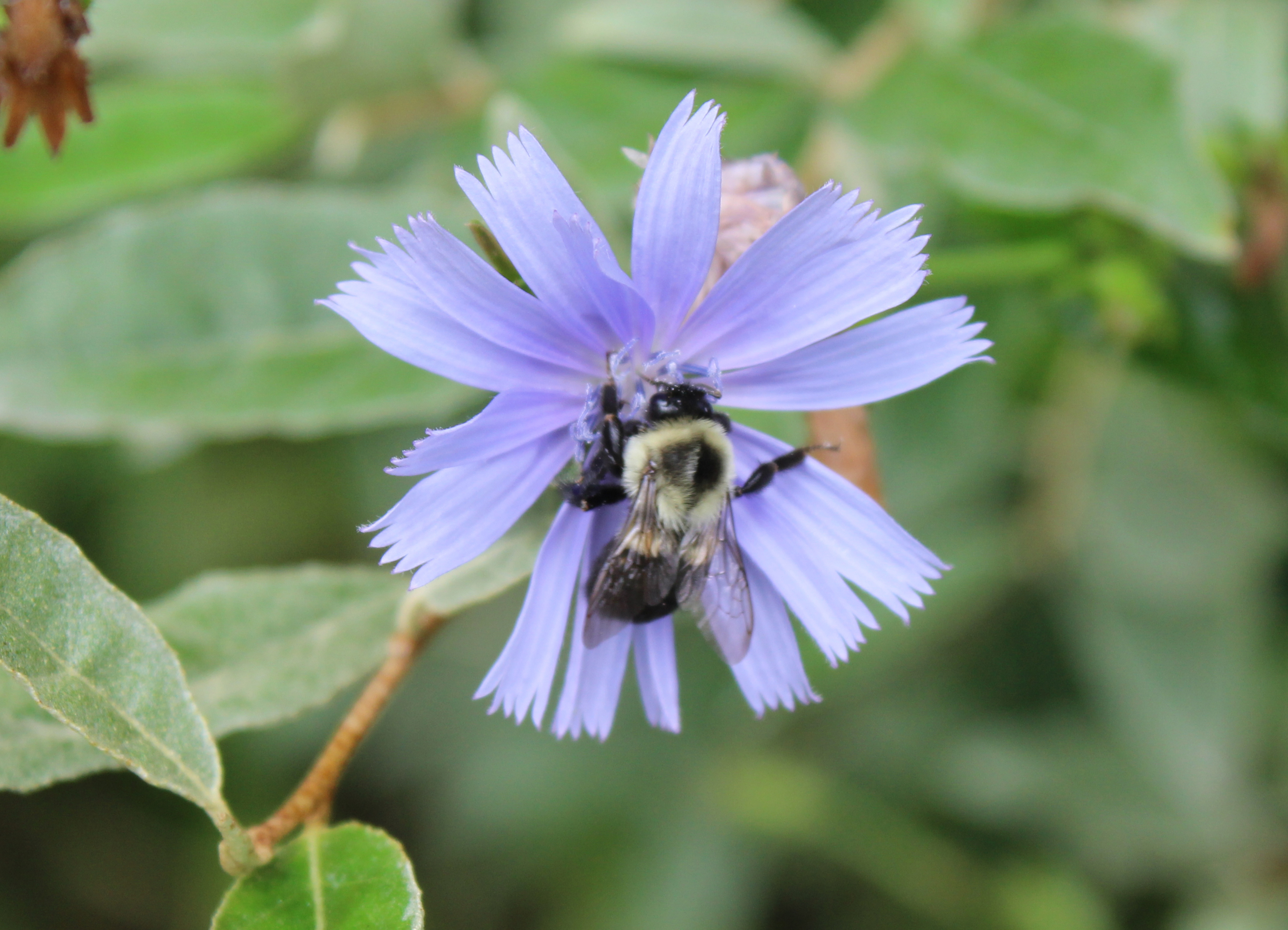Roadside hope: Local volunteers to participate in testing of new diabetes prevention method

In search for new ways to prevent diabetes, Virginia Tech researchers will study the effects of inulin, a nondigestible carbohydrate from the roots of chicory — a wild, blue-flowered plant found along roadsides in North America, Europe, and Australia, and sometimes used as a coffee substitute.
“Obesity and the consumption of a high-fat, high-sugar diet lead to adverse changes in the gut microbiome and increases in intestinal permeability. In turn, endotoxin, a component of the outer wall of certain types of bacteria, can enter the bloodstream, causing inflammation, and often health problems such as diabetes and cardiovascular disease,” said Kevin Davy, a professor of human nutrition, foods, and exercise, a Fralin Life Science Institute affiliate, and co-director of the Fralin Translational Obesity Research Center.
Davy and his colleagues are investigating whether inulin will reduce the risk of diabetes and cardiovascular disease by promoting the growth of beneficial bacteria, reducing intestinal permeability, and, as a result, the amount of endotoxin in the bloodstream.
With support from the National Heart, Lung, and Blood Institute of the National Institutes of Health, the researchers will supplement 48 local people with either inulin or a placebo for six weeks. Davy is the principle investigator of the study, which will examine men and women between the ages of 50 and 75 who are overweight or obese and have elevated blood glucose levels.
Before and after the six-week diet intervention, researchers will take blood, urine, and muscle biopsy samples, and measure intestine permeability, insulin sensitivity, and muscle metabolism — the muscle’s ability to burn fat and carbohydrates as fuel.
The ultimate goal of the project is to establish a simple and effective therapy that could prevent the development of diabetes and cardiovascular disease in people with prediabetes.
Matt Hulver, department head of human nutrition, foods, and exercise; Brenda Davy, an associate professor of human nutrition, foods, and exercise; Andrew Neilson, an assistant professor of food science and technology; and Monica Ponder, an assistant professor of food science and technology, will work with Davy, who is an expert on obesity and cardiometabolic health. All are affiliated with the Fralin Translational Obesity Research Center, the Fralin Life Science Institute, and the College of Agriculture and Life Sciences.



%20Cai%20-%20By%20Peter%20Means-7407.jpg.transform/m-medium/image.jpg)
